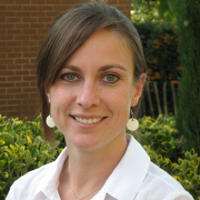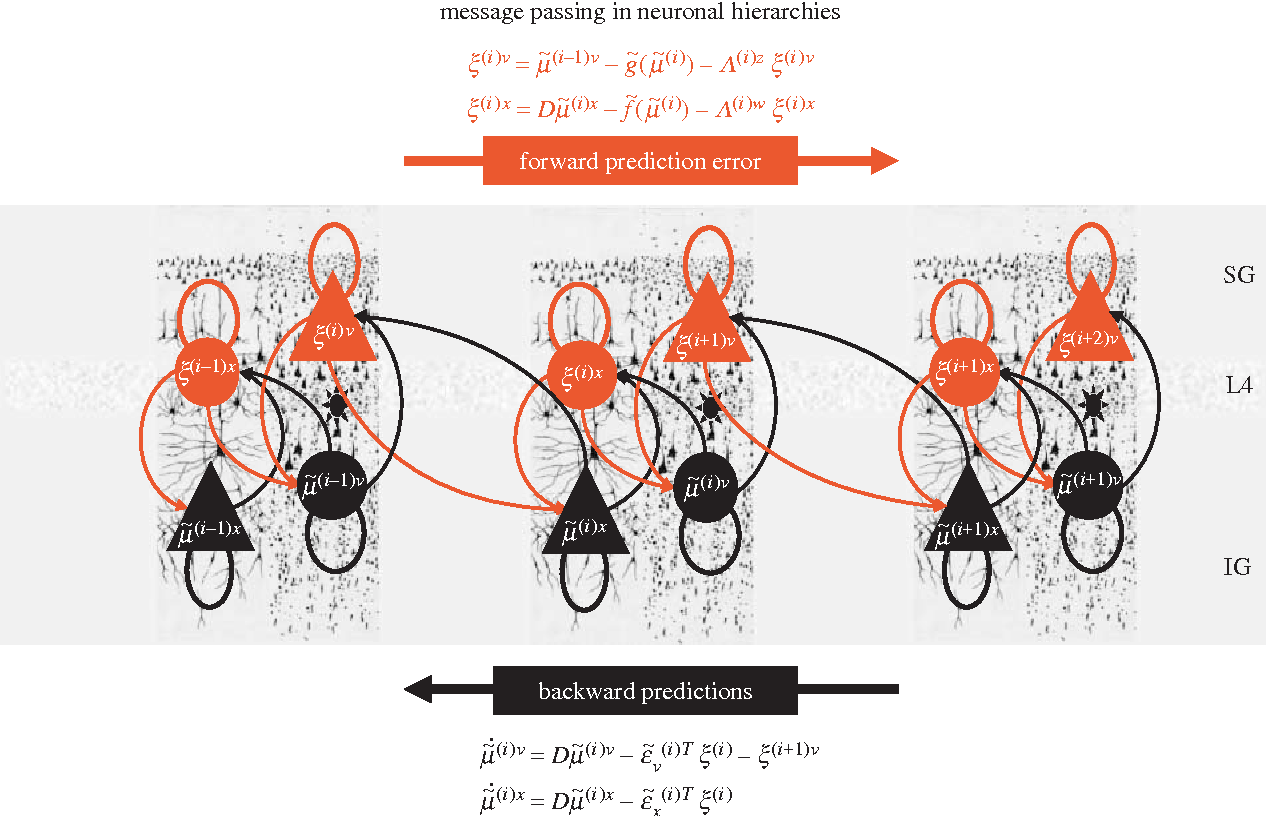Aim and scope | Speakers | Program
| Date | 14:00-17:10 Tuesday, January 8th, 2019 |
|---|---|
| Place | Conference Room at Center for Information and Neural Networks (CiNet), National Institute of Information and Communications Technology (NICT), Osaka, Japan Access to CiNet |
Aim and scope
Autism spectrum disorder (ASD) is a neurodevelopment disorder characterized by impaired social interaction and communication, and repetitive behaviors and restricted interests. Recent studies suggest that predictive coding, which is hypothesized as a core mechanism of the human brain, might account for the underlying neural mechanism of ASD, and propose several theories such as hypo-prior and sensory precision in ASD. This symposium provides a great opportunity for participants to learn the state-of-the-art research in this area. Four world-leading researchers will present their work on ASD and its predictive coding account. You are cordially invited.
Speakers
 |
Caroline Catmur Department of Psychology, King’s College London Title Regulating the tendency to mirror others: from imitation to empathy Abstract During social interaction, we process others’ actions and emotions using the same neural mechanisms that produce those effects in ourselves. However, although ‘mirroring’ others has intuitive appeal as an explanation for social ability, in fact excessive mirroring may be maladaptive: the tendency to mirror others’ actions or emotions can lead to problems in clinical conditions characterised by over-imitation or high levels of personal distress, including autism and eating disorders. I will focus first on the ability to regulate mirroring of others’ actions, describing a series of studies in which we have investigated the neural basis of this ability, and demonstrating a link between difficulties in regulating action mirroring and autism symptomatology. I will then turn to the regulation of mirroring in the emotional domain, showing that alexithymia predicts difficulties in regulating emotional mirroring in patients with eating disorders. Finally I will discuss the relationship between the ability to regulate mirroring of actions and of emotions, describing two studies supporting the suggestion that a common mechanism may underlie the ability to regulate mirroring of both actions and emotions. |
|---|---|
 |
James Kilner Department of Clinical and Movement Neurosciences, UCL Queen Square Institute of Neurology Title The possible role of sensory uncertainty in movement and movement disorders Abstract Every movement we make stimulates peripheral sensory receptors that provide sensory feedback of the motor act. It is thought that when we move we predict the sensory consequences of that movement (through forward models) and compare this prediction to the actual sensory input. Any difference between the predicted and actual sensory input will result in a prediction error. In order to determine the relevance of any prediction errors, the model requires estimates of both the uncertainty in the motor prediction and the uncertainty of the actual sensory input. The importance of the estimate of uncertainty at both of these levels is highlighted in a recent theoretical account of motor control and movement initiation: active inference. In active inference sensory attenuation prior to and during active movement is an essential step in actually being able to move. Of particular interest here is that within the active inference framework a failure to move can be modelled by a failure to sufficiently attenuate precision on the somatosensory expectations. Indeed, it has been proposed that some of the hypokinetic symptoms of Parkinson’s disease, specifically akinesia and bradykinesia, can be recast as a result of a pathology in reducing the precision of the somatosensory expectations. Here I will describe the possible role of sensory uncertainty in movements and describe a series of experiments that show that modulation of sensory uncertainty can ameliorate some of the symptoms of some movement disorders. |
 |
Rebecca Lawson Department of Psychology, University of Cambridge Title Learning to build expectations in neuropsychiatric disorders Abstract TBA |
 |
Shinichiro Kumagaya Research Center for Advanced Science and Technology, University of Tokyo Title TBA Abstract TBA |
Program
| 14:00-14:10 | “Opening” Yukie Nagai |
|---|---|
| 14:10-14:50 | “Regulating the tendency to mirror others: from imitation to empathy” Caroline Catmur |
| 14:50-15:30 | “TBA” Shinichiro Kumagaya |
| 15:30-15:50 | Break |
| 15:50-16:30 | “The possible role of sensory uncertainty in movement and movement disorders” James Kilner |
| 16:30-17:10 | “Learning to build expectations in neuropsychiatric disorders” Rebecca Lawson |
Sponsor
- CREST “Cognitive Mirroring: Assisting people with developmental disorders by means of self-understanding and social sharing of cognitive processes”
Co-sponsor
- Center for Information and Neural Networks, National Institute of Information and Communications Technology
